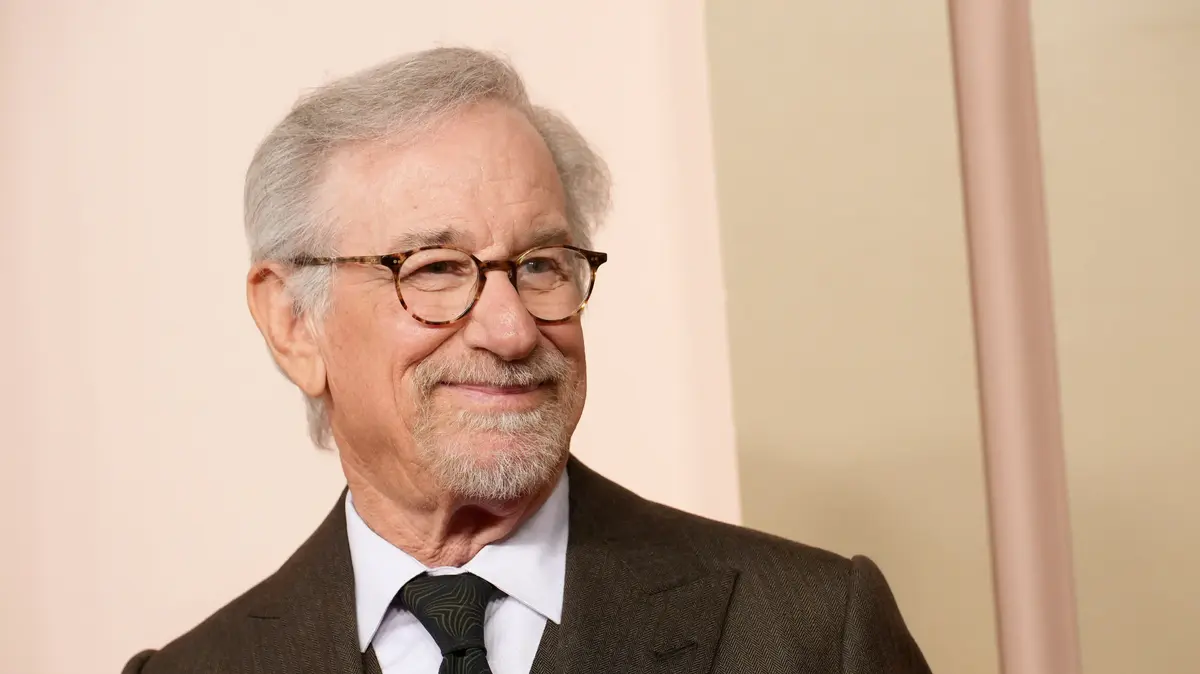German justice delivers its verdict on Monday, December 21 against a right-wing extremist who loudly claims last year's attack on a synagogue, which came close to becoming the worst post-war anti-Semitic attack in the country .
The German prosecution has requested life imprisonment, the maximum penalty, with a minimum preventive detention of fifteen years against him.
The accused's lawyer called for
"a fair sentence"
.
Read also: In Germany, Halle revolted by anti-Semitic terror
Judged for five months by the court of Magdeburg in Saxony-Anhalt, Stephan Balliet, 28, had in full religious festival of Yom Kippur in October 2019 stormed the synagogue of Halle filled with 52 faithful.
Failing to get in, he shot a passerby, then further a man in a kebab restaurant, targeted for his immigrant clientele.
Police eventually arrested him after a chase in which he injured several other people.
"The attack on the synagogue in Halle was one of the most disgusting anti-Semitic acts since World War II"
, criticized federal prosecutor Kai Lohse in his indictment, speaking of
"a nightmare".
According to him, Stephan Balliet acted on the basis of a
"Racist, xenophobic and anti-Semitic ideology"
to lead an attack not only against those he killed but also against
"Jewish life in Germany as a whole"
.
The accused was inspired by Brenton Tarrant, the author of the bloody racist attacks (51 dead) committed a few months earlier against two mosques in Christchurch in New Zealand, who had broadcast his crimes live as did Stephan Balliet.
Throughout his trial, the accused never expressed the slightest remorse and, on several occasions, had to be called to order by the president of the court Ursula Mertens for his conspiratorial, racist, misogynist and negationist remarks.
He even claimed responsibility for his actions.
Attacking the synagogue
"was not a mistake"
because
"they are my enemies,"
he said.
"Very alarming episode"
Words that sparked the anger of the many civil parties in this river trial.
They had to relive this particular day of October 9, 2019 during a hearing where his murderous journey was re-broadcast: armed to the teeth and dressed in military uniform, Stephan Balliet had filmed and broadcast live his assault during which he denied the existence of the Shoah and attacked the Jews.
Israel's Ambassador to Germany, Jeremy Issacharoff, speaks of the attack as a
"very, very alarming episode
in contemporary
German history"
in an interview with AFP.
“If this guy had made it into the synagogue… it would have had a huge impact on post-war German identity and the fight against anti-Semitism,”
he said.
Crimes and misdemeanors targeting the Jewish community in Germany rose 13% in 2019, with 2,032 acts listed.
The Halle attack also took place against a backdrop of an upsurge in far-right terrorism, notably with the assassination last year of a pro-migrant politician and an attack in Hanau that killed nine people of immigrant origin. .
To read also: Attack in Halle: "East Germany did not eradicate Nazism in depth"
The psychiatrist expert Norbert Leygraf explained that Stephan Balliet suffered from a
"complex personality disorder"
mixing schizophrenia, paranoia and autistic characteristics, preventing him in particular
"from feeling empathy for others"
.
He also speaks
of “an egocentric person convinced of his own values and feeling superior to others”
.
Nevertheless, he felt that these characteristics had not altered
"his capacity for control"
, not allowing him to minimize his guilt.
Stephan Balliet's life is like a succession of failures: he had no friends, had never had a romantic relationship.
And he had never held a job.
He has also repeatedly denigrated himself, calling himself
"good-for-nothing"
for having failed in his attempted massacre.









